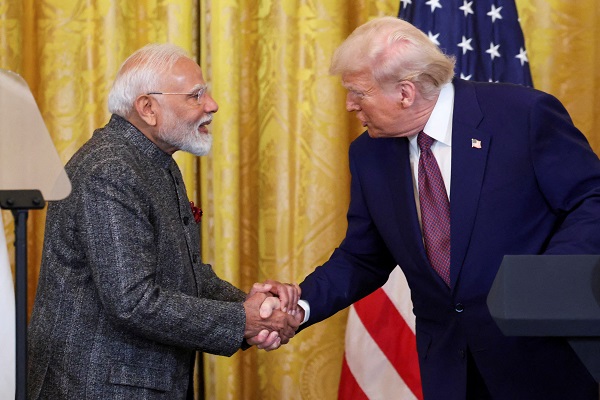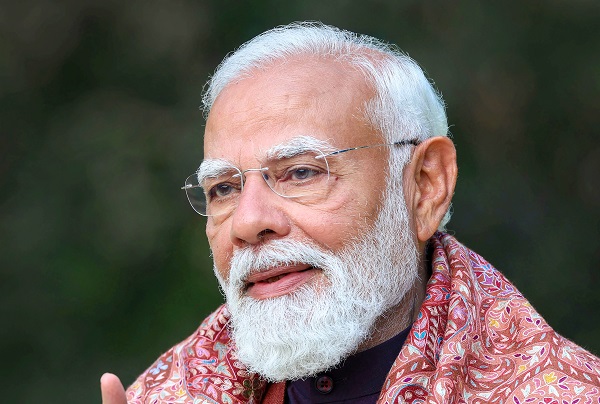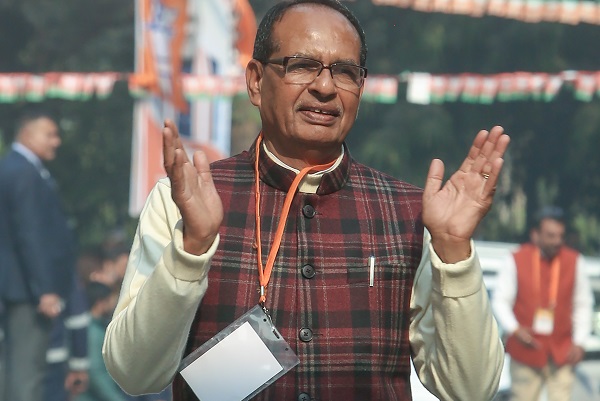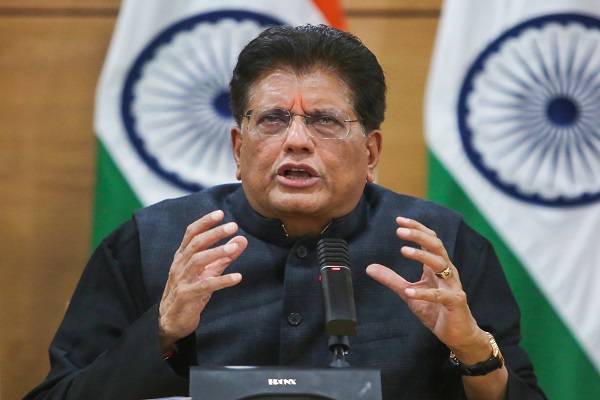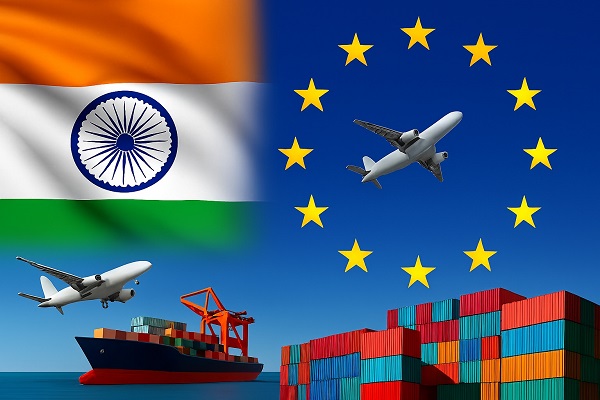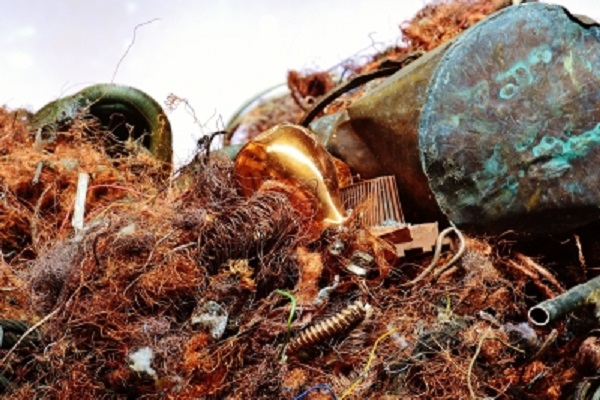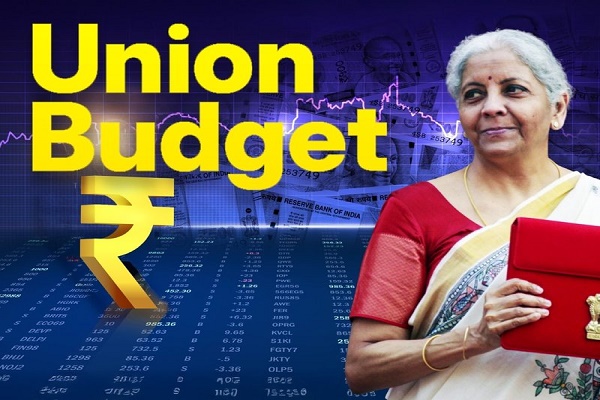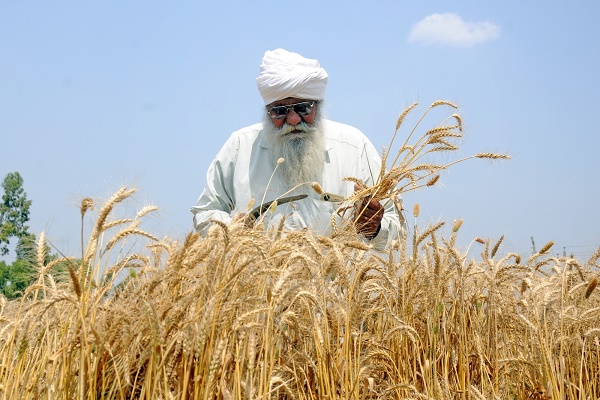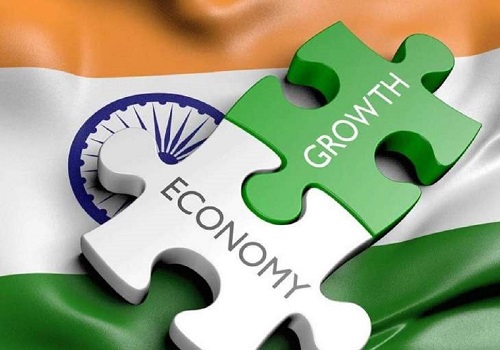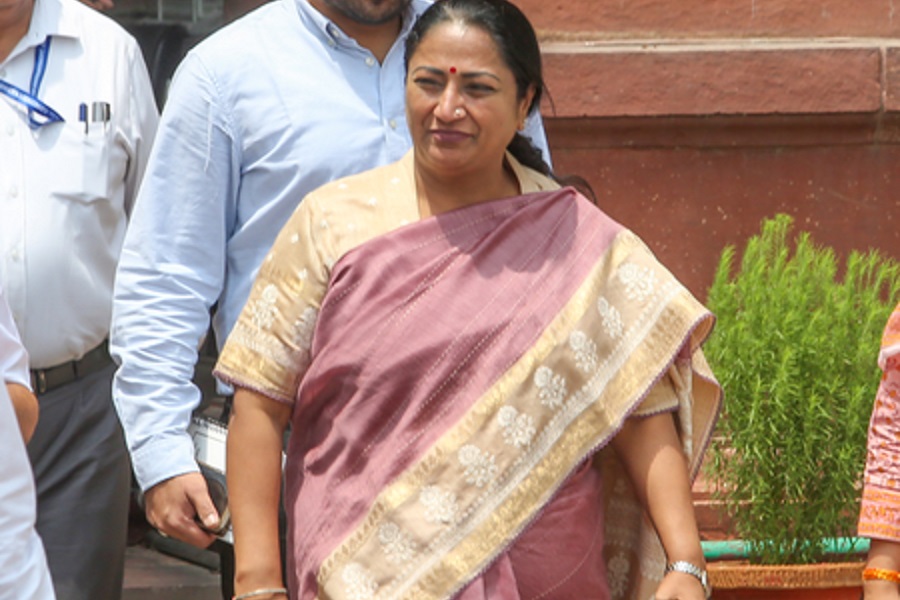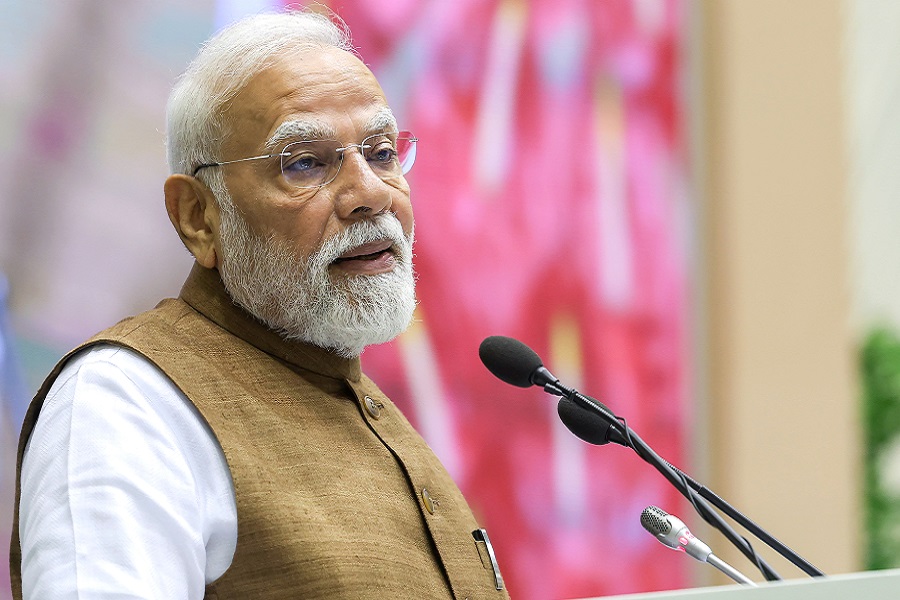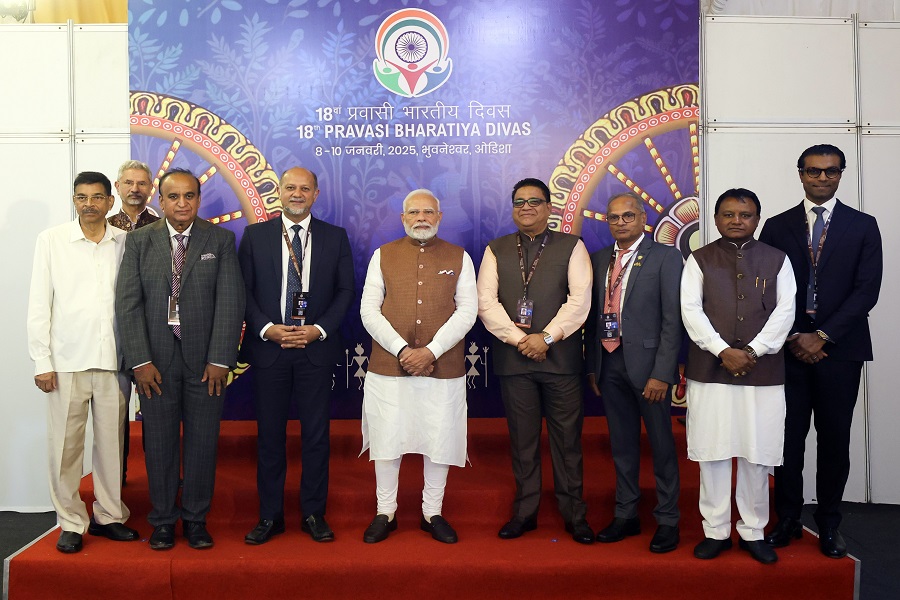India reacted swiftly with critical set of measures: USAID on Sri Lanka crisis

India has reacted swiftly with an absolutely critical set of measures to help Sri Lanka tide over its economic crisis, said US Agency for International Development (USAID) administrator Samantha Power on Wednesday.
Power is on a visit to India from July 25 to 27.
"The Government of India has already supplied $16 million in humanitarian aid to Sri Lanka, it has exported 100,000 tonnes of organic fertilizer to try to help farmers stave off future food shortages, and it has supplied $3.5 billion in lines of credits to the Government of Sri Lanka as it attempts to steer its economy out of default and further collapse," the USAID administrator said while talking to media at an event in IIT-Delhi.
Power said China became one of Sri Lanka's biggest creditors offering often opaque loan deals at higher interest rates than other lenders, and wondered whether Beijing would restructure the debt to help the island nation.
"Indeed, over the past two decades, China became one of Sri Lanka's biggest creditors, offering often opaque loan deals at higher interest rates than other lenders, and financing a raft of headline-grabbing infrastructure projects with often questionable practical use for Sri Lankans, including a massive port that generated little income and was barely used by ships, an equally massive airport dubbed the emptiest in the world because it attracted so few passengers and the country's tallest tower that was built as a tourist attraction yet has never unfortunately opened to the public," she said.
"If ever there were a time to choose cooperation, that time is now," said Power, adding that the world's low and middle-income countries have been devastated by Covid-19, their fiscal space largely spent trying to help their citizens weather a public health emergency.
Some 60 per cent of low-income countries are facing or already experiencing debt distress, the USAID administrator added.
